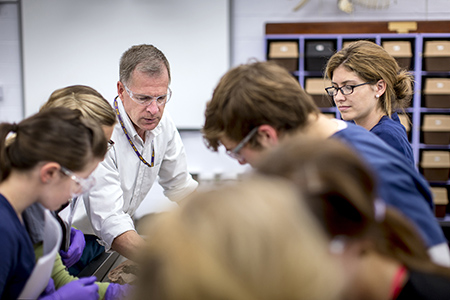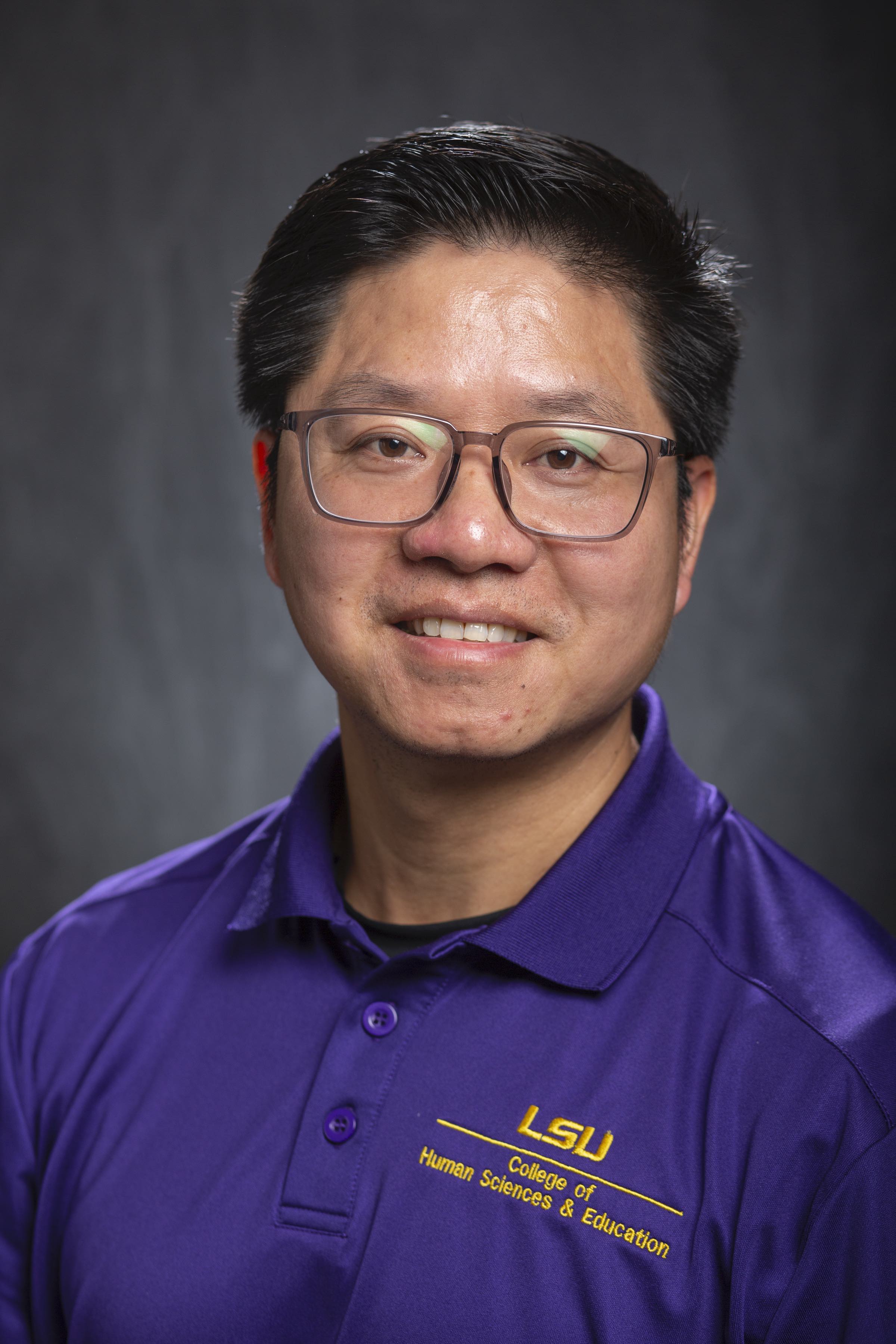CHSE Faculty
Faculty at the Forefront
The College of Human Sciences & Education faculty are at the forefront — making the world a better place to live.
CHSE faculty cultivate future leaders who are innovative problem-solvers that seek to have a positive impact on society. We develop cutting-edge, high-quality research and leverage human capital to address the most pressing societal challenges facing the state, nation, and world.
We are committed to pursuing the highest and best version of ourselves, knowing that our excellence can empower transformation in the world.
70
Tenure or Tenure-track Faculty
2022-2023
149
Articles Published
2022-2023
$8.1M
Total Research Expenditures
2022-2023

Meet the CHSE Faculty
CHSE Faculty reside in the College's five academic units that are devoted to developing leaders and scholars of the future and creating and disseminating knowledge through transformational research.


Faculty News
To celebrate International Day of Women and Girls in Science, the LSU College of Human Sciences & Education spoke with some of our own women in science to learn more about their journey to where they are now and how they'd inspire future generations of women and girls in science.
The LSU College of Human Sciences & Education 2025 Faculty and Staff Awards acknowledge the exceptional contributions of our faculty and staff. These dedicated colleagues have made a meaningful impact in one of our mission areas or provided vital leadership and support that enabled this important work to thrive.
Hondzinski, professor and motor behavior coordinator in the LSU School of Kinesiology, was awarded the Rosina Kahn Sapir Parkinson's Community Service Award by Louisiana Walks for Parkinson's because of her dedication to helping people with Parkinson's disease through her motor control research.
LSU Lutrill & Pearl Payne School of Education faculty Margaret-Mary Sulentic Dowell presented multiple sessions of her original research at the annual University Council of Educational Administration National Conference.
LSU Integrative Community Studies program faculty have won an influential federal grant competition award, resulting in $2.2 million over five years from the U.S. Department of Education's Model Comprehensive Transition and Postsecondary Programs for Students with Intellectual Disabilities.
A new LSU Early Childhood Education Institute (ECEI) study, soon to be published in the Early Childhood Education Journal, explores what influences high-quality caregiving in infant classrooms.
LSU Kinesiology Professor Senlin Chen, PhD, and his team are developing a novel obesity prevention program to use in Louisiana schools, combining such tactics as virtual pets and coaches with the best science to encourage healthy behaviors.






